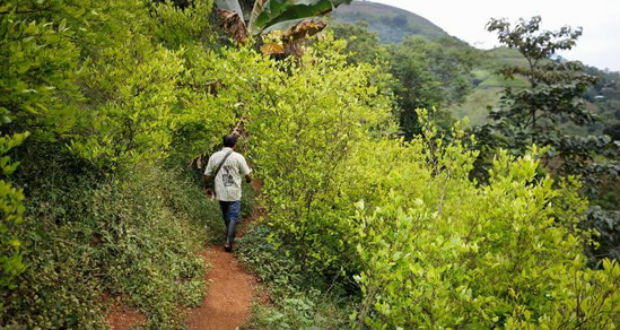
According to a report published by the botanical research center at London’s Kew Gardens, there are currently more than 28000 plant with medicinal properties. This represents a 59% increase compared to 2016. Researchers have found a climbing plant called Mucuna among the newly discovered species. This plant shows promise in the treatment of Parkinson’s disease. The report emphasizes the potential of plants in areas such as diabetes and malaria.
The report highlights two important substances derived from plants, artemisinin and quinine, as crucial weapons in the fight against malaria. This disease recorded 214 million cases and 400,000 deaths in 2015.
The report reveals a surprising fact where, despite the significant number of plant species with medicinal properties, less than 16% of them are in the medical publications. This highlights the need for better documentation and dissemination of knowledge regarding the medicinal potential of plants.
The report also addresses the risks associated with globalization, such as the spread of invasive pests and pathogens. It emphasizes the importance of implementing stricter biosecurity measures, particularly in the trade of live plants, to prevent the negative impact on global agriculture, which could cost up to $540 billion per year.
The development of this report involved the collaboration of 128 scientists from 12 different countries, and it highlights the discovery of 1,730 new plant species compared to the previous year.
Kew Gardens, in west London, is renowned for its extensive plant collections and serves as a world-famous botanical research center. It aims to make its “State of the World’s Plants” report a reference tool for understanding the current condition of plants globally.
Source: More than 28000 Plants with Medicinal Properties – https://lexpress.mu/node/307417


